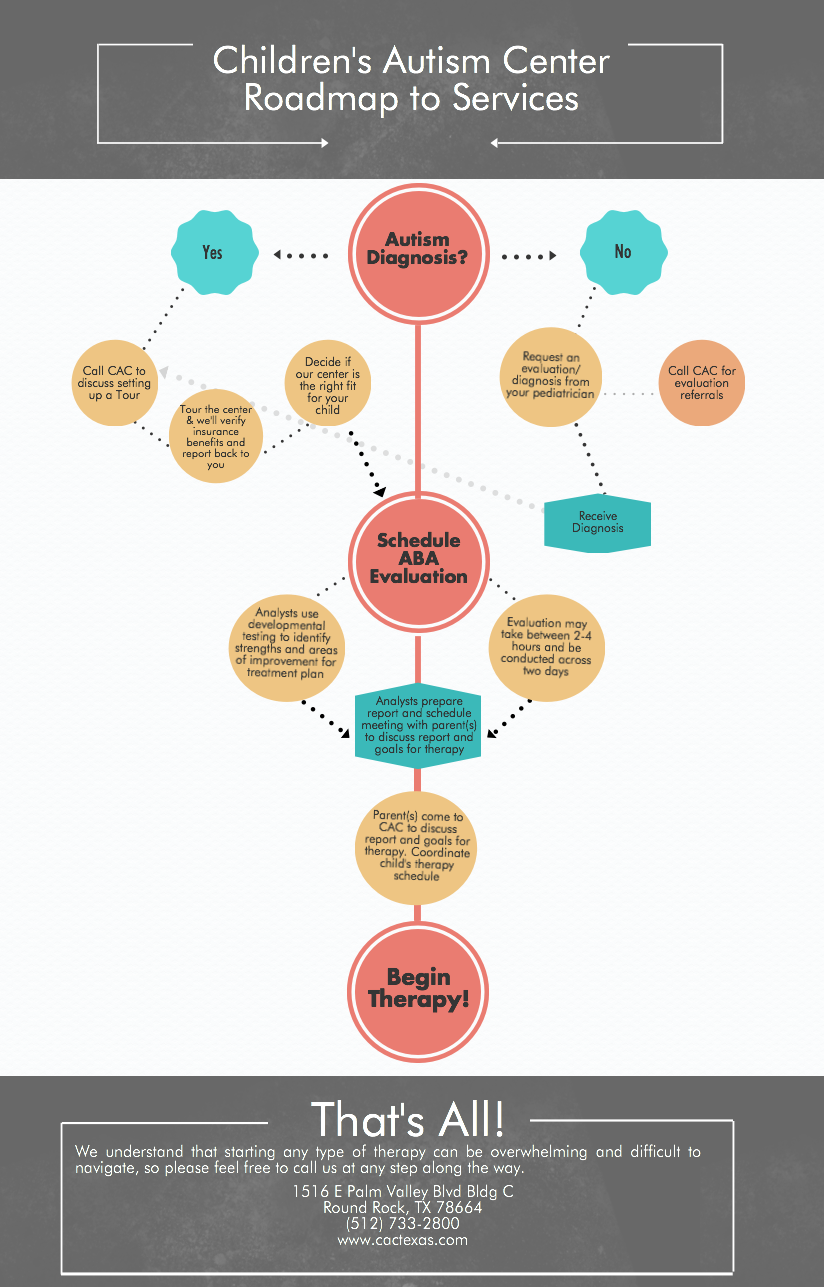At Children’s Autism Center, we work closely with each child, family, and staff member to provide the highest level of service. Our one-to-one therapy service addresses areas such as:
- Communication and language development
- Imitation skills
- Play and leisure skills
- Adaptive skills (toilet training, self-dressing, teeth brushing etc)
- Feeding and food aversion/desensitization
- Social skills and school readiness
Additional to these skills, we work on decreasing socially inappropriate behaviors or maladaptive behaviors (aggression, motor stereotypy, elopement, self-injurious behaviors etc) and teaching replacement behaviors (communication skills, accepting no, waiting etc). Through functional assessments and analysis, an individualized behavior plan is created and implemented for each child. This behavior intervention plan is also shared with families to generalize skills into the home.







